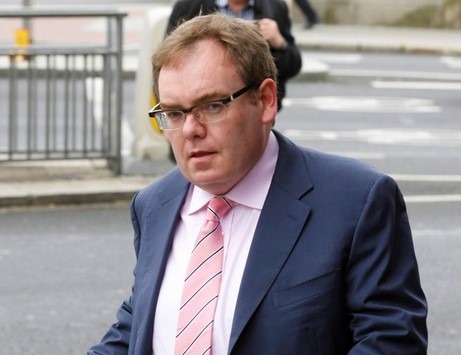In this interview, Kieran Wallace, head of restructuring and insolvency with KPMG, talks about: Agreeing a settlement with the Quinn familyLiquidating IBRC and selling loans of €24 billionRestructuring CityJet and the future of aviationWhy regional hotels are outperforming those in DublinThe state’s response to the crisisThe future of retailThe need to restore consumer and business confidenceThe sectors most at risk in the crisisWhy he is more concerned for 2021 than 2020The resilience of Irish businessesWhy not making decisions can kill companiesThe importance of accurate financial informationThe future of examinerships ***** The view may be picturesque, but Kieran Wallace is increasingly…
Cancel at any time. Are you already a member? Log in here.
Want to read the full story?
Unlock this article – and everything else on The Currency – with an annual membership and receive a free Samsonite Upscape suitcase, retailing at €235, delivered to your door.

